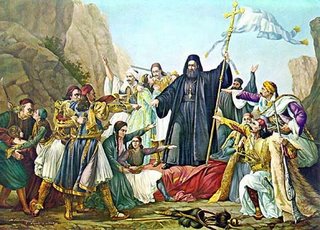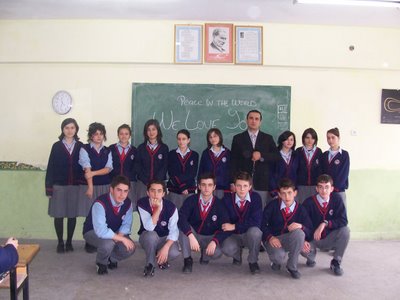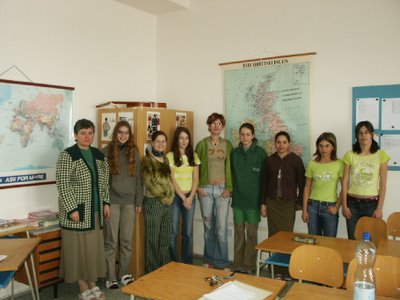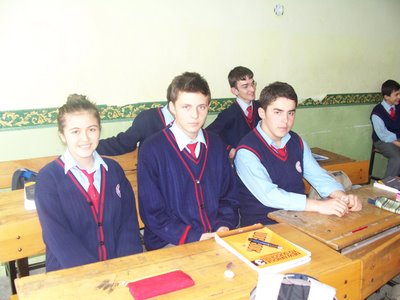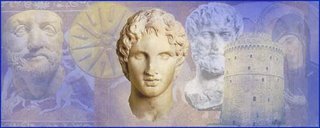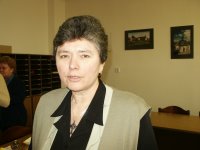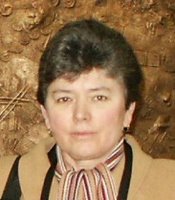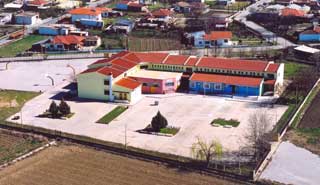Mr Pokorny- our local hero
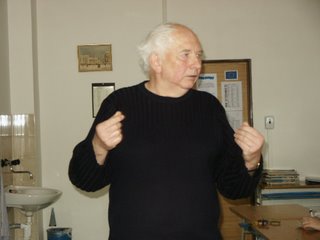
Mr Zdenek Pokorny- a hero from our town My students from tercie A and B had a chance to interview a man, who has always been close to our school, who has cared about our town, a man who has always been honest and overboard.Mr Zdenek Pokorny taught at grammar school for 44 years and there were more than three thousand students in his desks. He was the first mayor after 1989 and he married 930 wedding couples. He created an original speech for each wedding. Mr Pokorny has travelled to 51 countries and he has prepared 10 exhibitions about the places he has been to. What has his life been like? What has influenced him? Who has helped to make his decisions?He said that his childhood and his young age have been influenced by hard times. On 15th March 1939, when our country was occupied by German troops, he was living in Kolin. It was the hard time full of terrible events and tears. The children were growing up very quickly. He saw Jewish families going to a concentration camp, he listened to endless lists of the people who had been executed , on the radio during the Heidrich period. And he was still living in Kolin when the end of the WWII arrived. On 7th May 1945, there were a lot of people in the square celebrating the end of the war. Young boy Zdenek was looking out of the window when the Germans came to the square and started shooting Czech people. 20 people died.During the first days of freedom he believed that everything would be better. He was looking forward to studying history. In February 1948 when the communists took over the power in Czechoslovakia he lost all his hope. Instead of studying he had to go to a factory for two years. After work he studied history at home because he liked it very much. It was for the second time when he felt very un free. The communist terror which was coming made him feeling very bad and he said that it was the time when our people were “raped” by the communists. In spite of all these events he successfully studied history at University.When he finished school, he was sent to Ceska Lipa in 1957. He was a history teacher at secondary school. Ceska Lipa was a devastated, dirty town where the communists were destroying old houses and started building blocks of flats. They also blew up the old Water castle.He met his future wife there and they decided to stay. They fell in love with the countryside.Mr Pokorny remembered good and bad times of his life and he said that the communist government was raping free ideas of young people. He taught his students how to fight against violence and about stupidity which is the worst alley of bad things. After 17th November 1989 ,he started fighting the communists in his school. He was one of the people who founded Civic Forum Party and he talked to the people at meetings. He was elected the first mayor in 1990. There was a lot of work waiting for him, but he wasn’t afraid of it. He got money for repairing houses, trees in the housing estates, parks, new shops and new paving in the square. He also got the money for repairing the Water castle. Now it is open for public sometimes. He had to face new businessmen who wanted to play an unfair game. In 1997 he left the office of the mayor but he didn’t leave public life. Since that time he has started writing articles about history, he has organized lecturers about foreign countries and he still cares about educating good citizens. He has always followed the ideas of the First Czech president T.G. Masaryk about democracy and the quality of society. He is sad when he can see somebody destroying the environment.“Such people can’t be citizens”, he says. He wishes more good citizens to our town. Mr Pokorny is the example of the real CITIZEN of our town and we are glad that we can nominate him to the gallery of unknown heroes in Europe.

